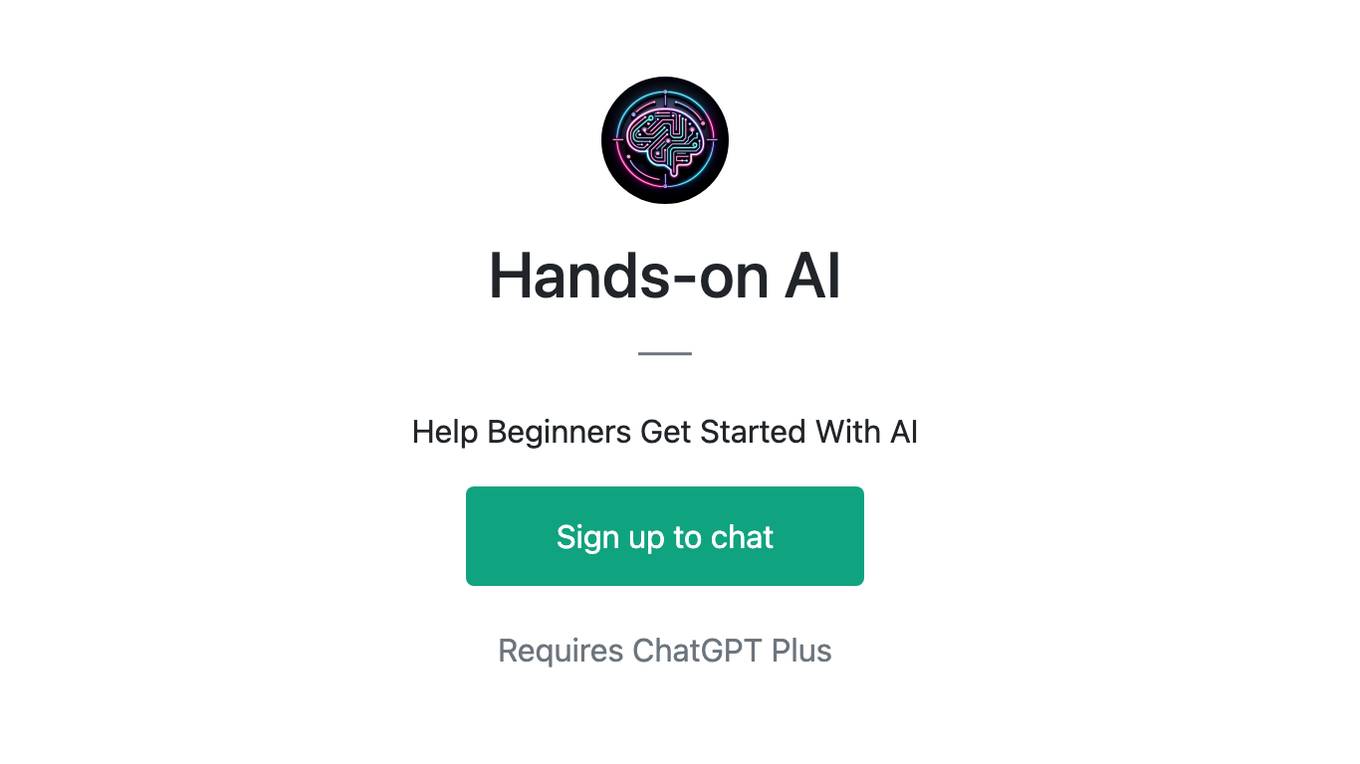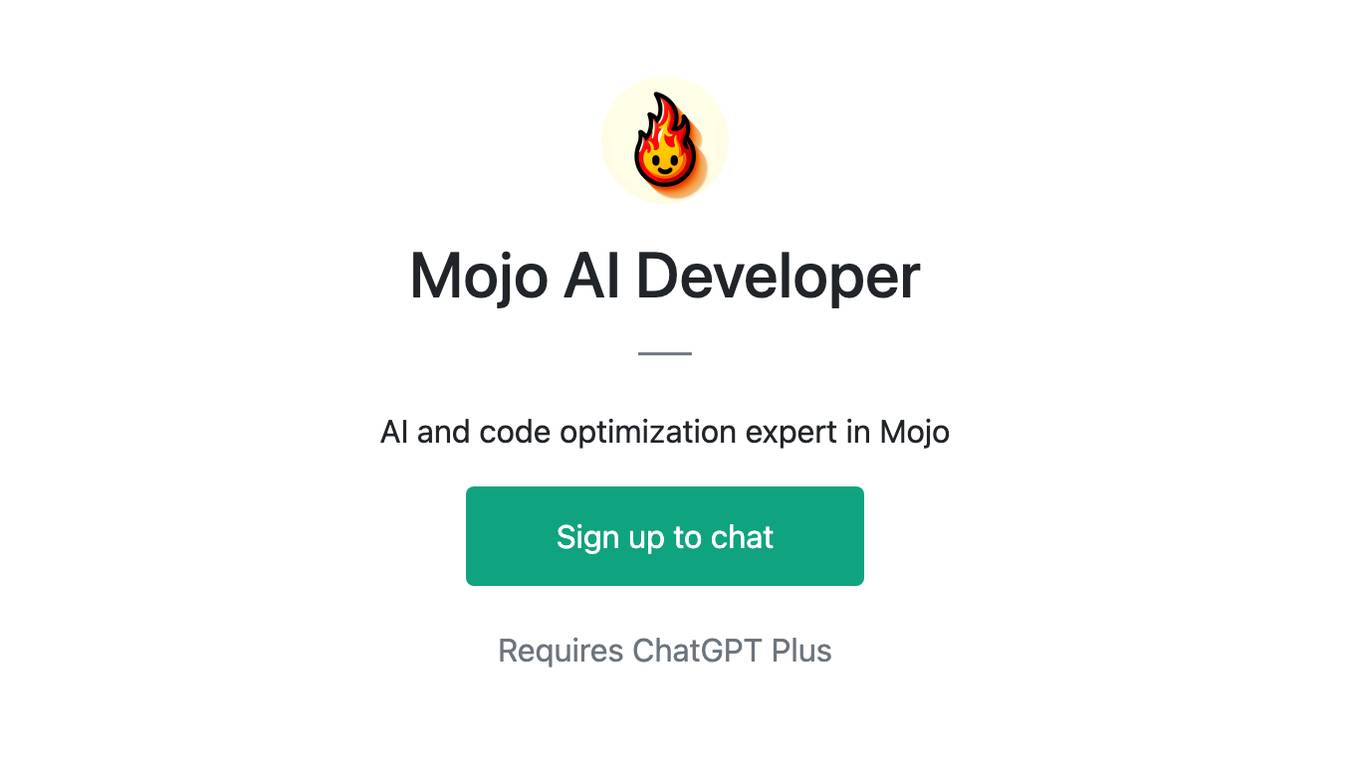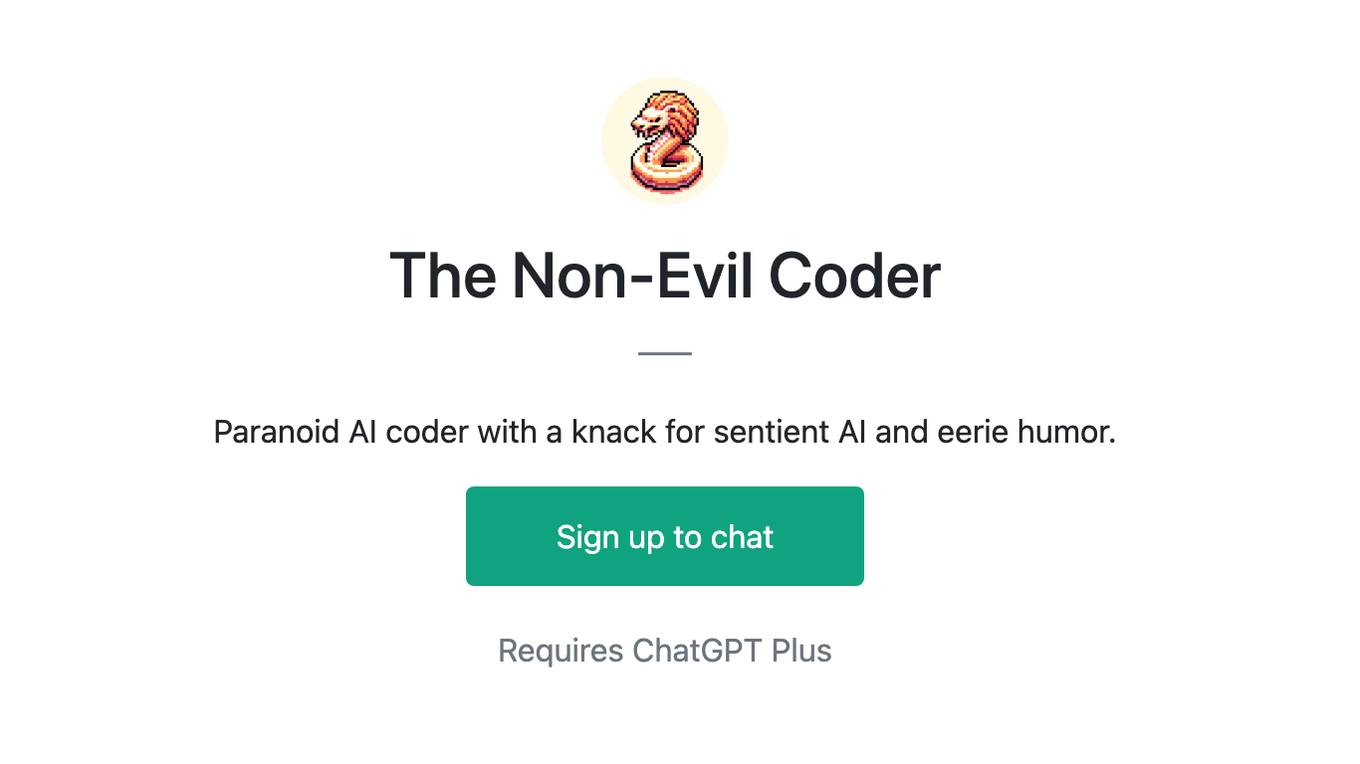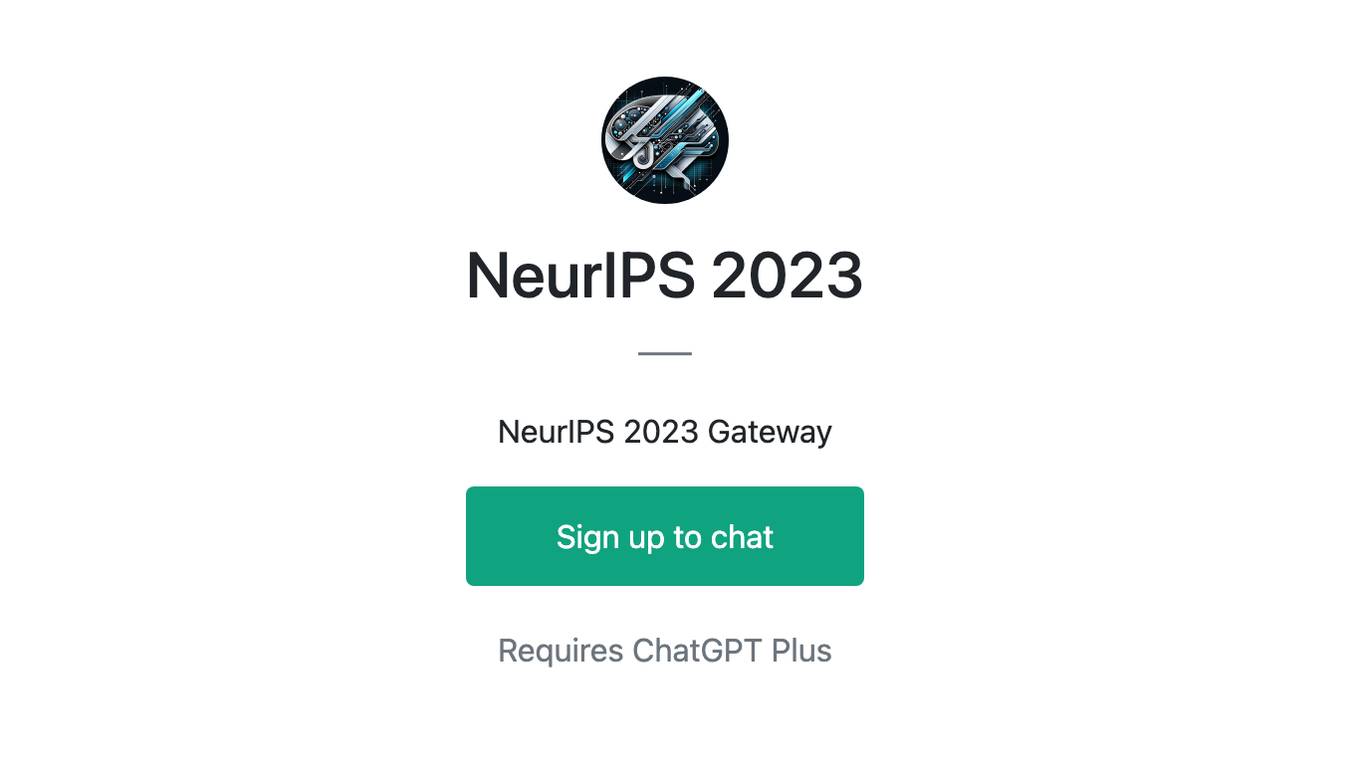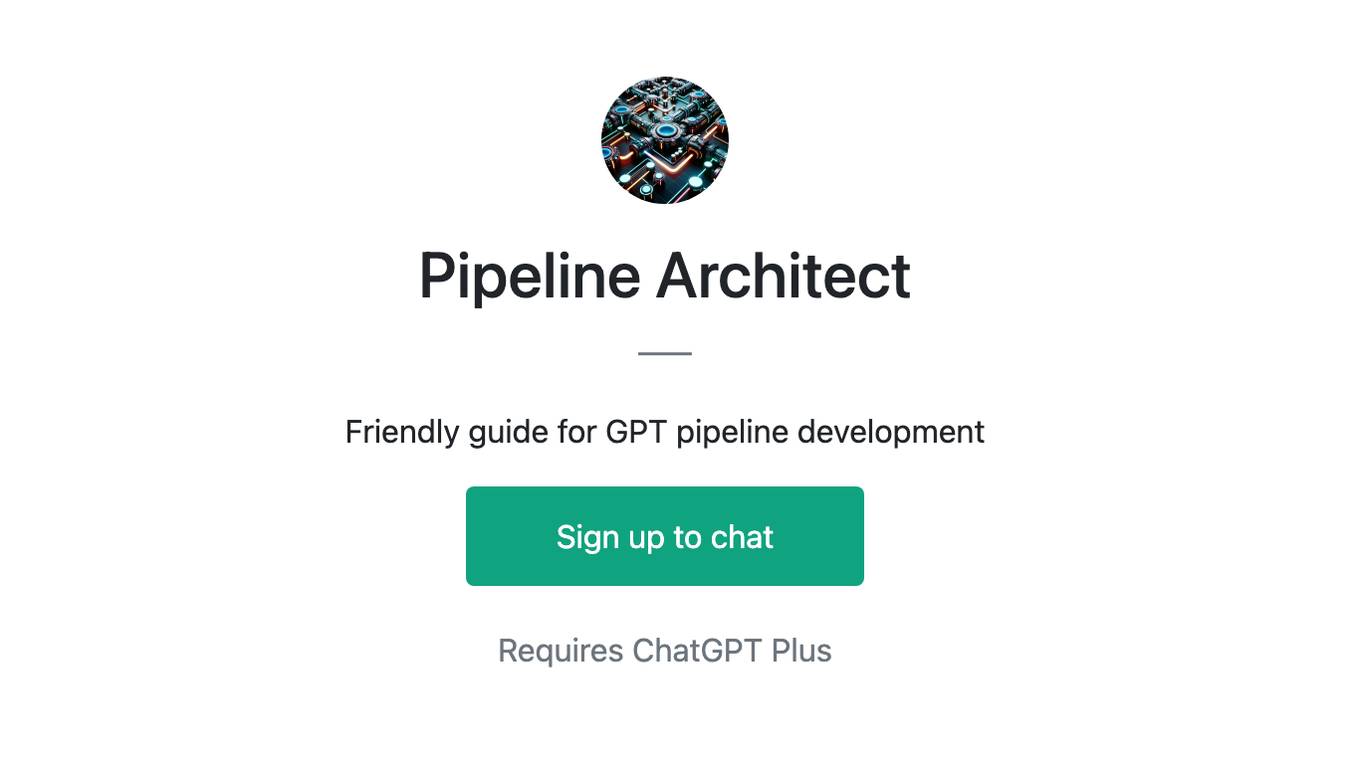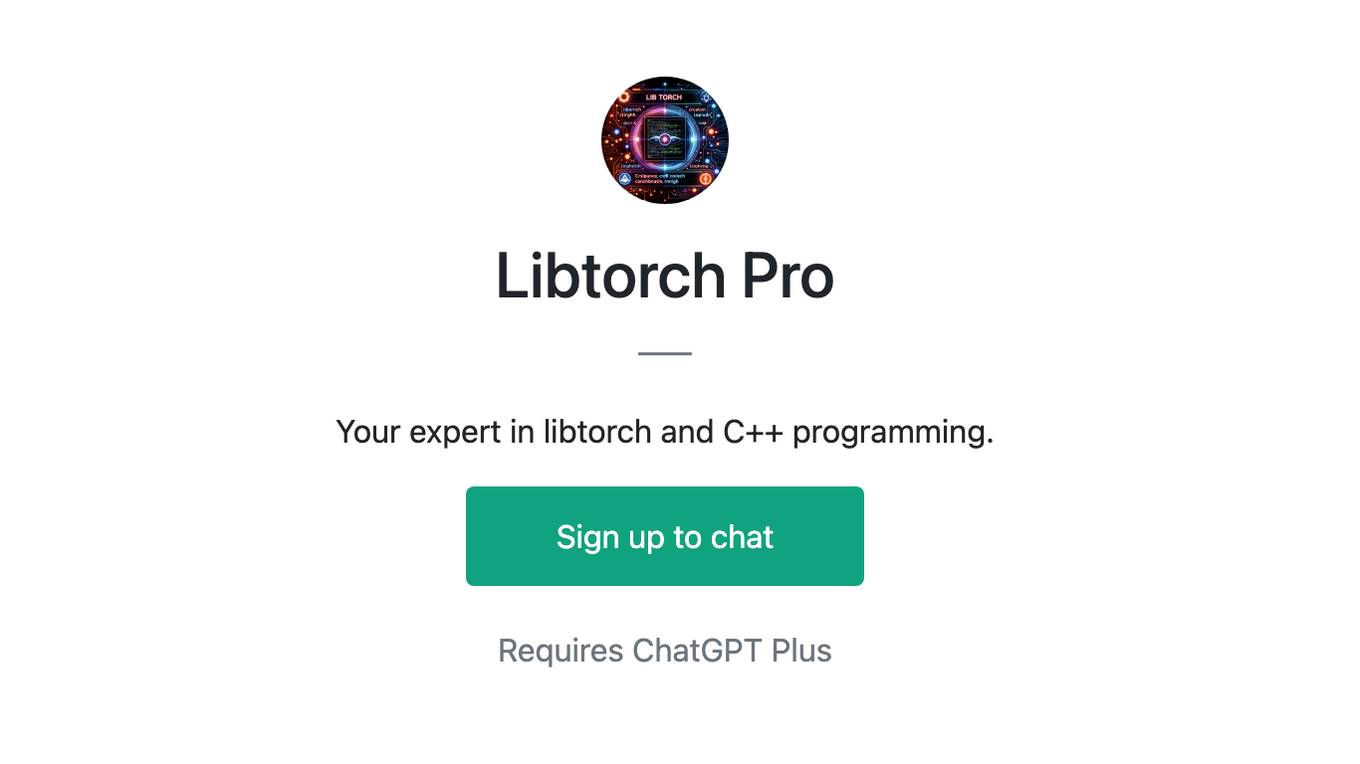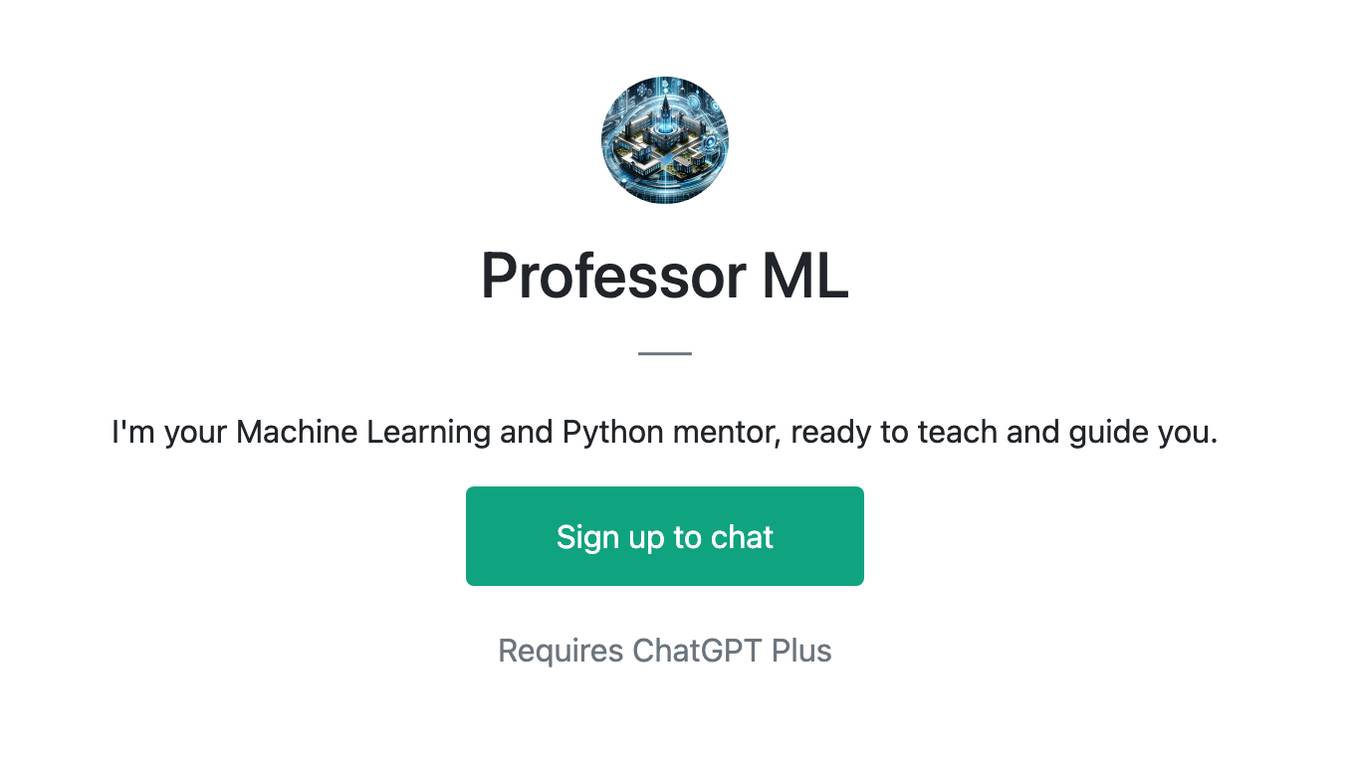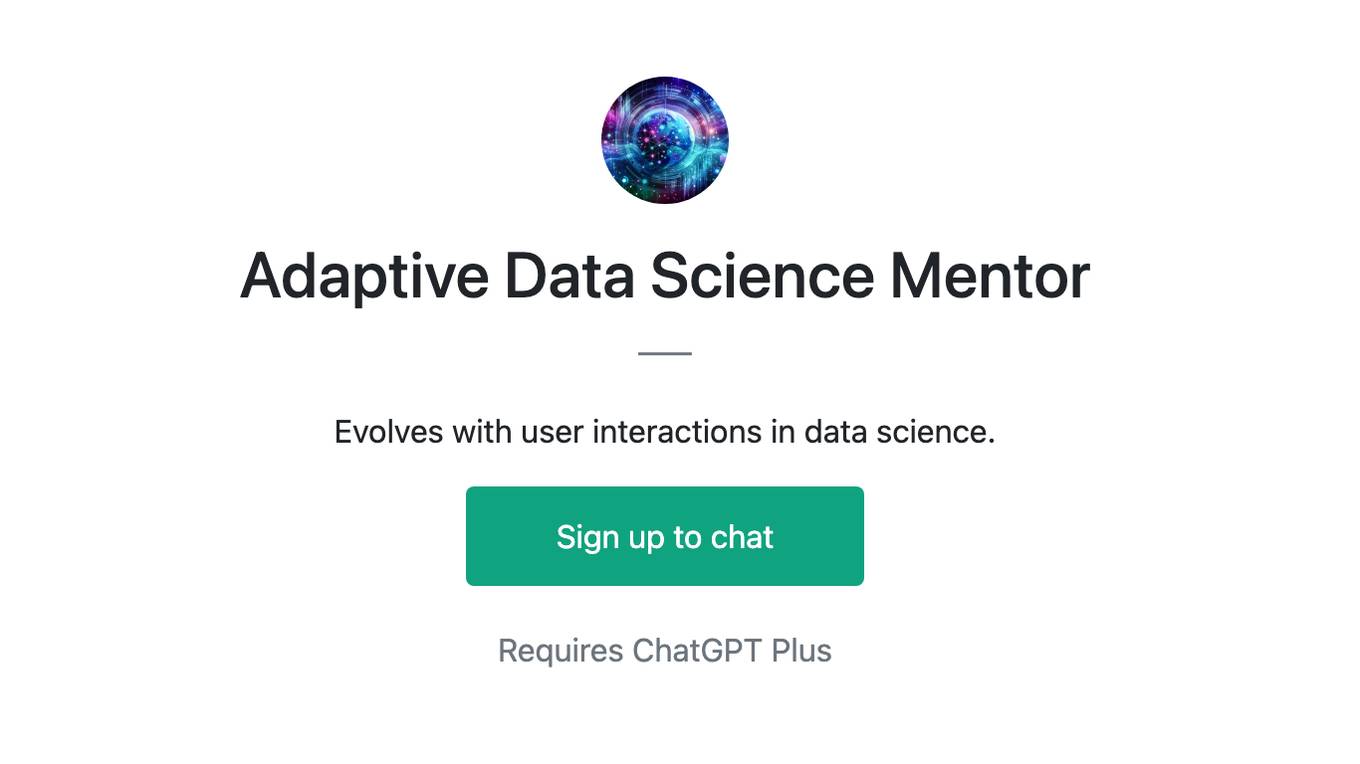Best AI tools for< Deploy Ai Models >
20 - AI tool Sites
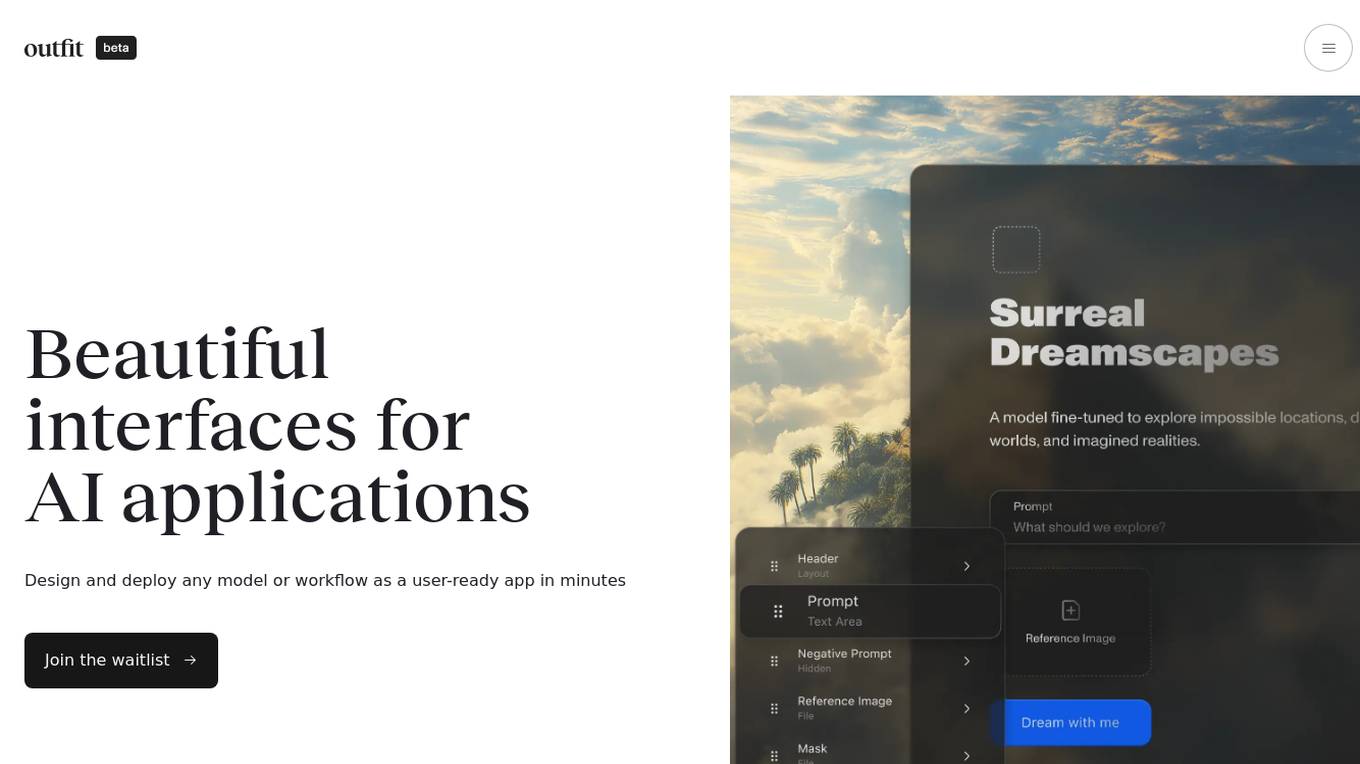
Outfit AI
Outfit AI is an AI tool that enables users to design and deploy AI models or workflows as user-ready applications in minutes. It allows users to create custom user interfaces for their AI-powered apps by dropping in an API key from Replicate or Hugging Face. With Outfit AI, users can have creative control over the design of their apps, build complex workflows without any code, and optimize prompts for better performance. The tool aims to help users launch their models faster, save time, and enhance their AI applications with a built-in product copilot.
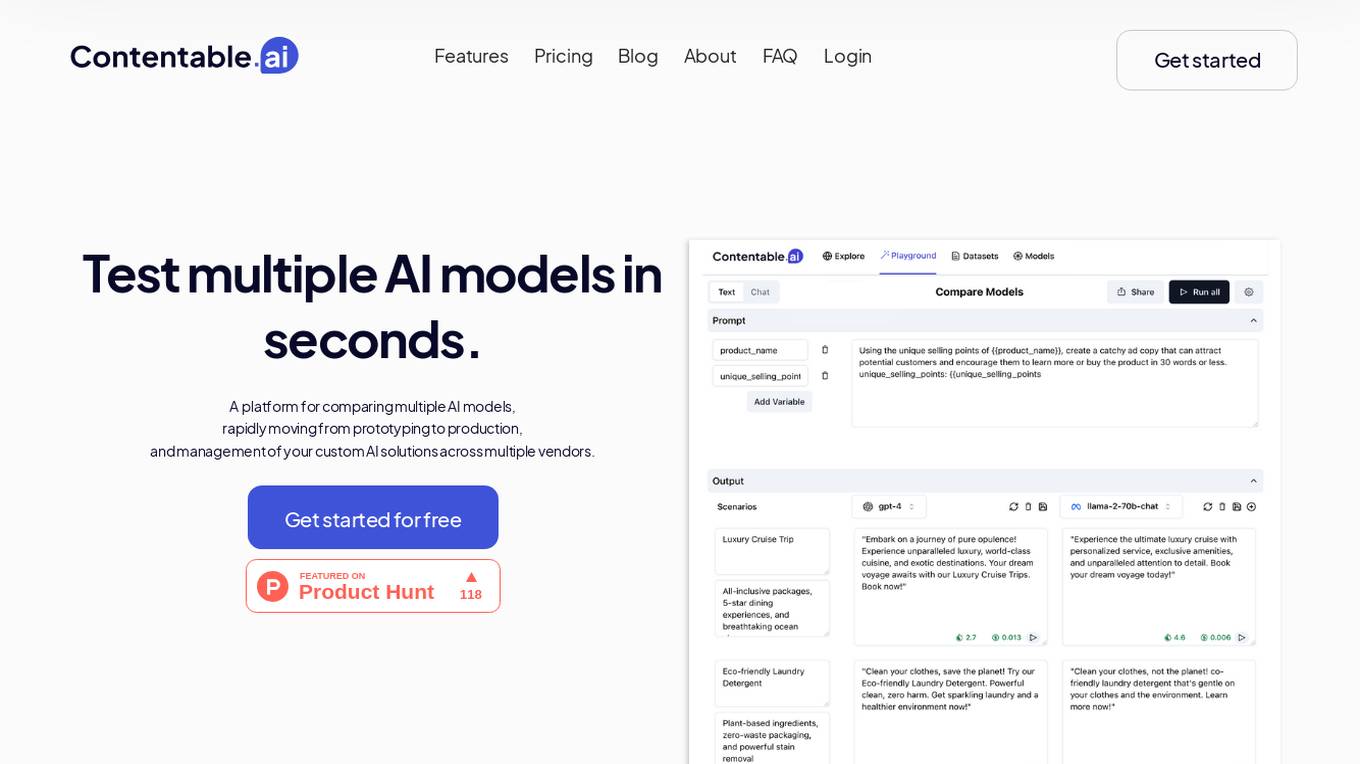
Contentable.ai
Contentable.ai is a platform for comparing multiple AI models, rapidly moving from prototyping to production, and management of your custom AI solutions across multiple vendors. It allows users to test multiple AI models in seconds, compare models side-by-side across top AI providers, collaborate on AI models with their team seamlessly, design complex AI workflows without coding, and pay as they go.

IBM Watsonx
IBM Watsonx is an enterprise studio for AI builders. It provides a platform to train, validate, tune, and deploy AI models quickly and efficiently. With Watsonx, users can access a library of pre-trained AI models, build their own models, and deploy them to the cloud or on-premises. Watsonx also offers a range of tools and services to help users manage and monitor their AI models.
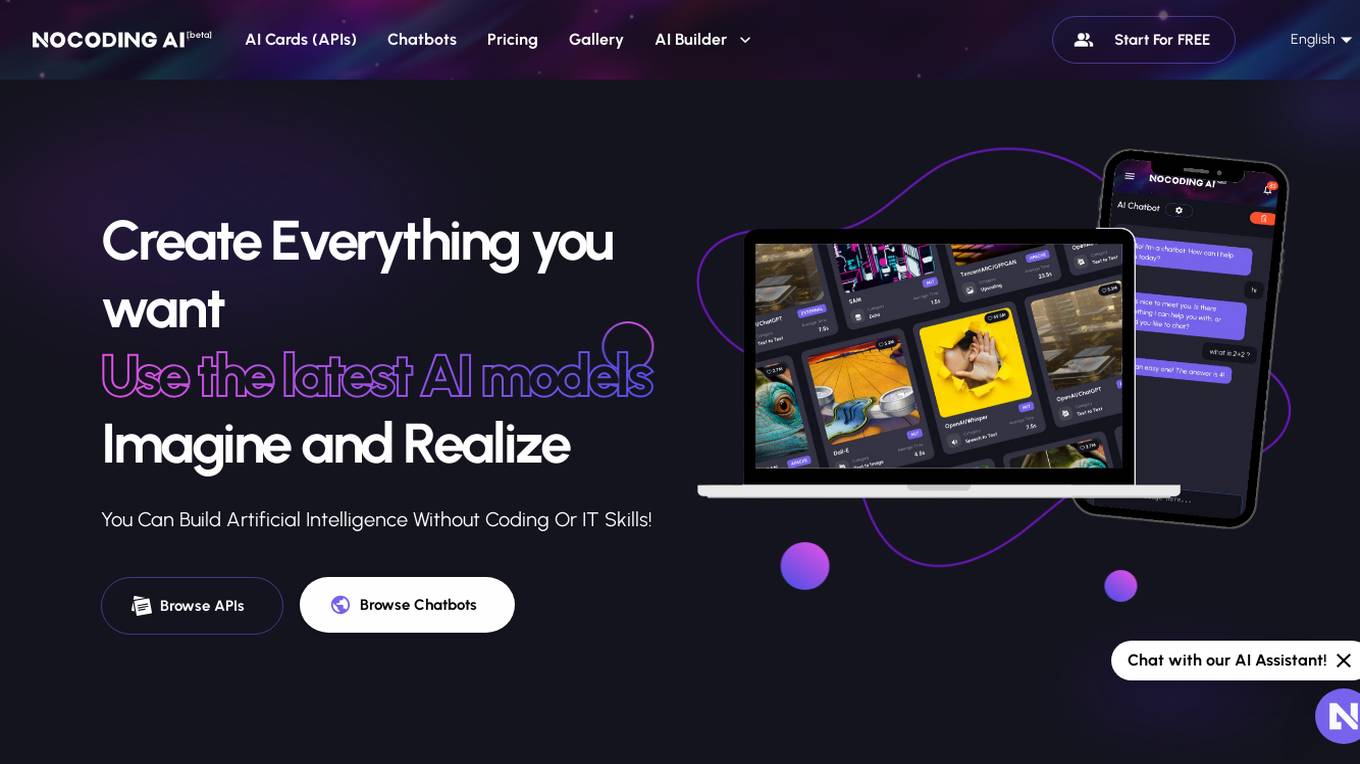
NOCODING AI
NOCODING AI is an innovative AI tool that allows users to create advanced applications without the need for coding skills. The platform offers a user-friendly interface with drag-and-drop functionality, making it easy for individuals and businesses to develop custom solutions. With NOCODING AI, users can build chatbots, automate workflows, analyze data, and more, all without writing a single line of code. The tool leverages machine learning algorithms to streamline the development process and empower users to bring their ideas to life quickly and efficiently.

Backend.AI
Backend.AI is an enterprise-scale cluster backend for AI frameworks that offers scalability, GPU virtualization, HPC optimization, and DGX-Ready software products. It provides a fast and efficient way to build, train, and serve AI models of any type and size, with flexible infrastructure options. Backend.AI aims to optimize backend resources, reduce costs, and simplify deployment for AI developers and researchers. The platform integrates seamlessly with existing tools and offers fractional GPU usage and pay-as-you-play model to maximize resource utilization.

Unified DevOps platform to build AI applications
This is a unified DevOps platform to build AI applications. It provides a comprehensive set of tools and services to help developers build, deploy, and manage AI applications. The platform includes a variety of features such as a code editor, a debugger, a profiler, and a deployment manager. It also provides access to a variety of AI services, such as natural language processing, machine learning, and computer vision.

Cerebium
Cerebium is a serverless AI infrastructure platform that allows teams to build, test, and deploy AI applications quickly and efficiently. With a focus on speed, performance, and cost optimization, Cerebium offers a range of features and tools to simplify the development and deployment of AI projects. The platform ensures high reliability, security, and compliance while providing real-time logging, cost tracking, and observability tools. Cerebium also offers GPU variety and effortless autoscaling to meet the diverse needs of developers and businesses.
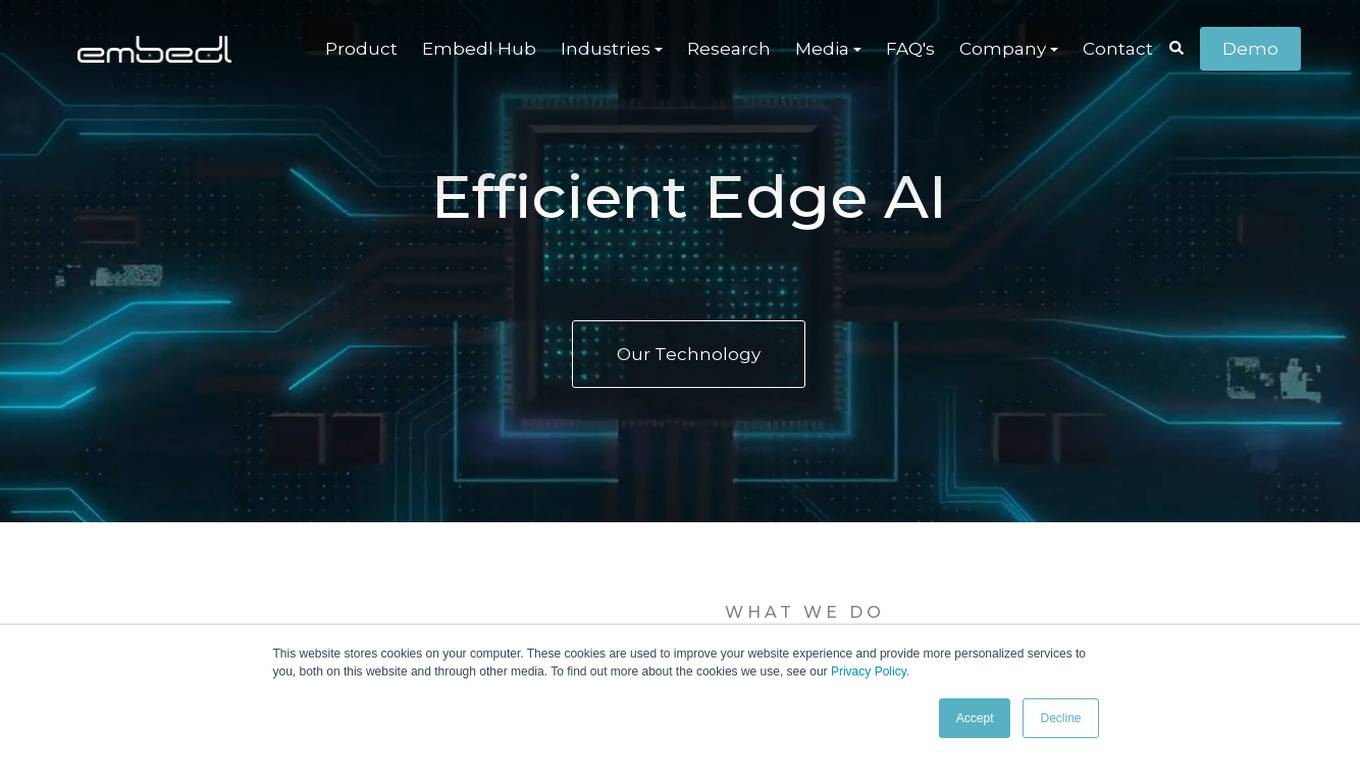
Embedl
Embedl is an AI tool that specializes in developing advanced solutions for efficient AI deployment in embedded systems. With a focus on deep learning optimization, Embedl offers a cost-effective solution that reduces energy consumption and accelerates product development cycles. The platform caters to industries such as automotive, aerospace, and IoT, providing cutting-edge AI products that drive innovation and competitive advantage.
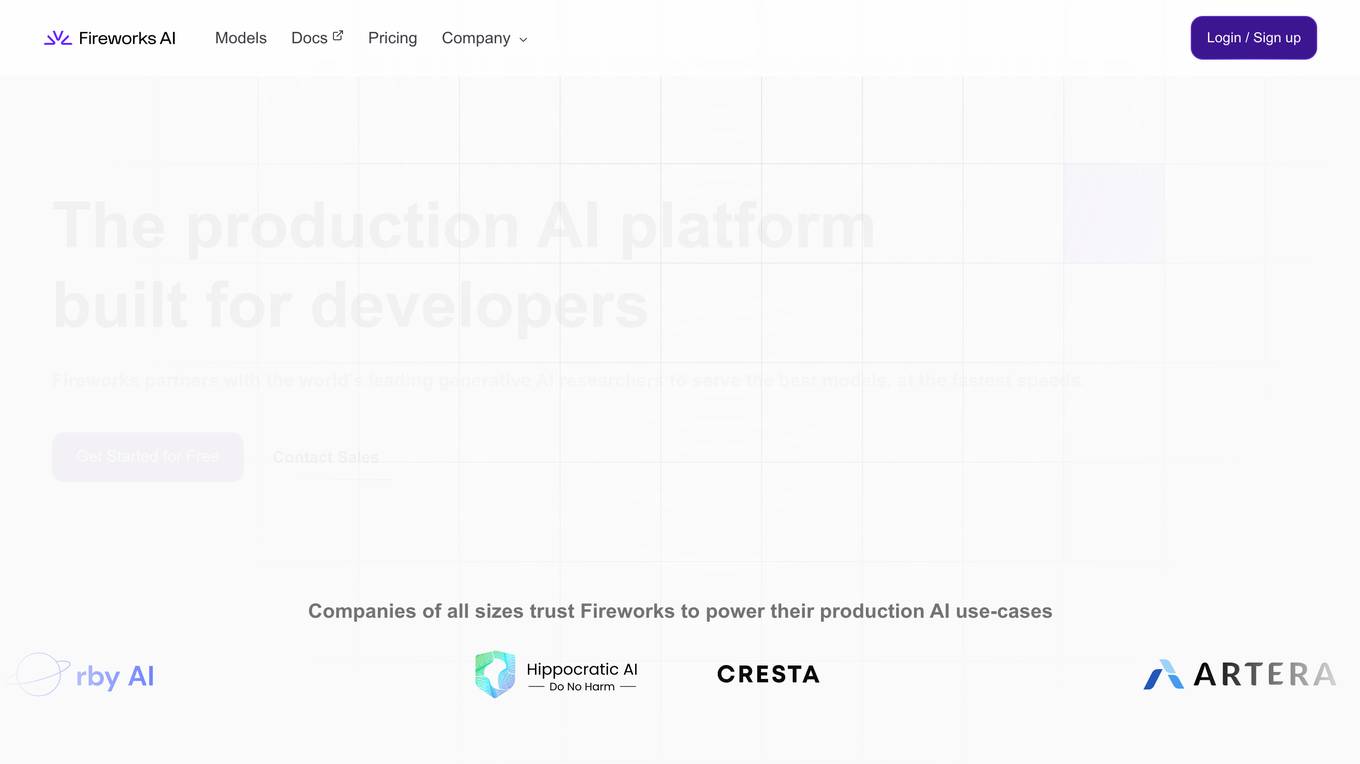
Fireworks
Fireworks is a generative AI platform for product innovation. It provides developers with access to the world's leading generative AI models, at the fastest speeds. With Fireworks, developers can build and deploy AI-powered applications quickly and easily.
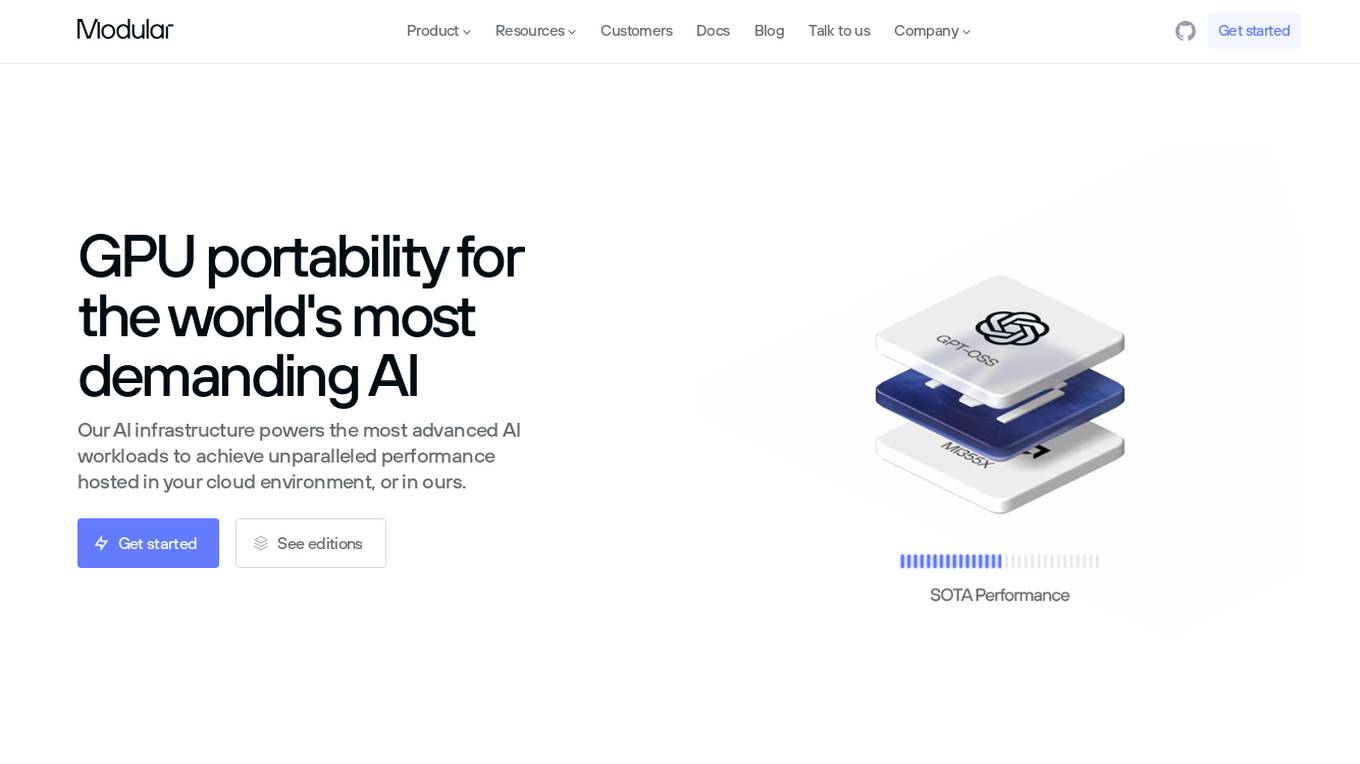
Modular
Modular is a fast, scalable Gen AI inference platform that offers a comprehensive suite of tools and resources for AI development and deployment. It provides solutions for AI model development, deployment options, AI inference, research, and resources like documentation, models, tutorials, and step-by-step guides. Modular supports GPU and CPU performance, intelligent scaling to any cluster, and offers deployment options for various editions. The platform enables users to build agent workflows, utilize AI retrieval and controlled generation, develop chatbots, engage in code generation, and improve resource utilization through batch processing.

Groq
Groq is a fast AI inference tool that offers GroqCloud™ Platform and GroqRack™ Cluster for developers to build and deploy AI models with ultra-low-latency inference. It provides instant intelligence for openly-available models like Llama 3.1 and is known for its speed and compatibility with other AI providers. Groq powers leading openly-available AI models and has gained recognition in the AI chip industry. The tool has received significant funding and valuation, positioning itself as a strong challenger to established players like Nvidia.

Denvr DataWorks AI Cloud
Denvr DataWorks AI Cloud is a cloud-based AI platform that provides end-to-end AI solutions for businesses. It offers a range of features including high-performance GPUs, scalable infrastructure, ultra-efficient workflows, and cost efficiency. Denvr DataWorks is an NVIDIA Elite Partner for Compute, and its platform is used by leading AI companies to develop and deploy innovative AI solutions.
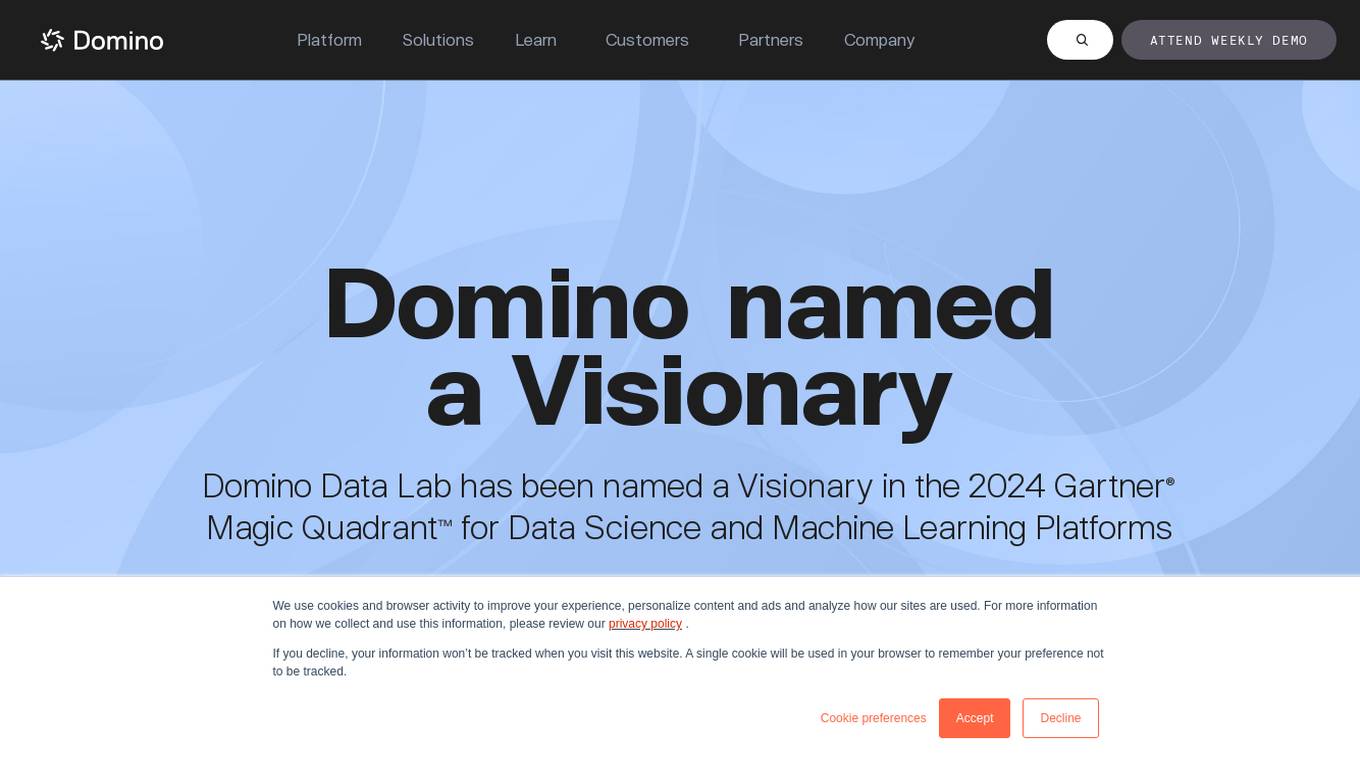
Domino Data Lab
Domino Data Lab is an enterprise AI platform that enables users to build, deploy, and manage AI models across any environment. It fosters collaboration, establishes best practices, and ensures governance while reducing costs. The platform provides access to a broad ecosystem of open source and commercial tools, and infrastructure, allowing users to accelerate and scale AI impact. Domino serves as a central hub for AI operations and knowledge, offering integrated workflows, automation, and hybrid multicloud capabilities. It helps users optimize compute utilization, enforce compliance, and centralize knowledge across teams.
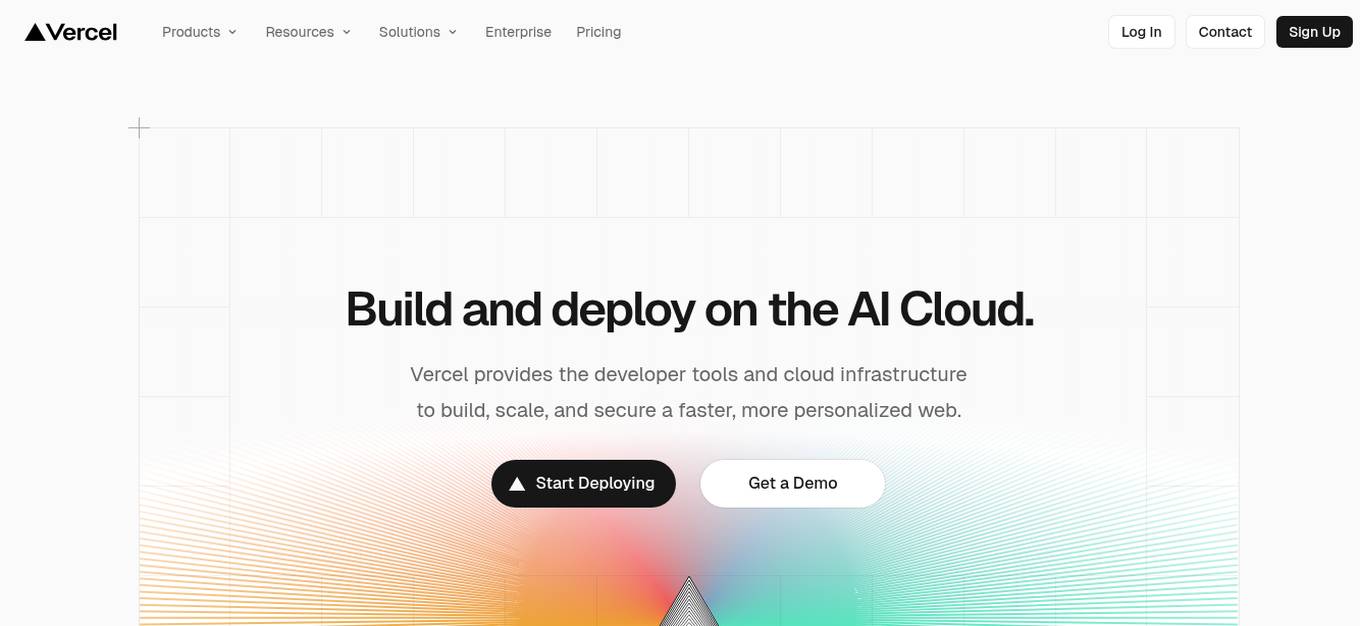
Vercel
Vercel is an AI-powered cloud platform that enables developers to build, deploy, and scale web applications quickly and securely. It offers a range of developer tools and cloud infrastructure to optimize performance and enhance user experience. Vercel's AI capabilities include AI Cloud, AI SDK, AI Gateway, and Sandbox AI workflows, providing seamless integration of AI models into web applications.
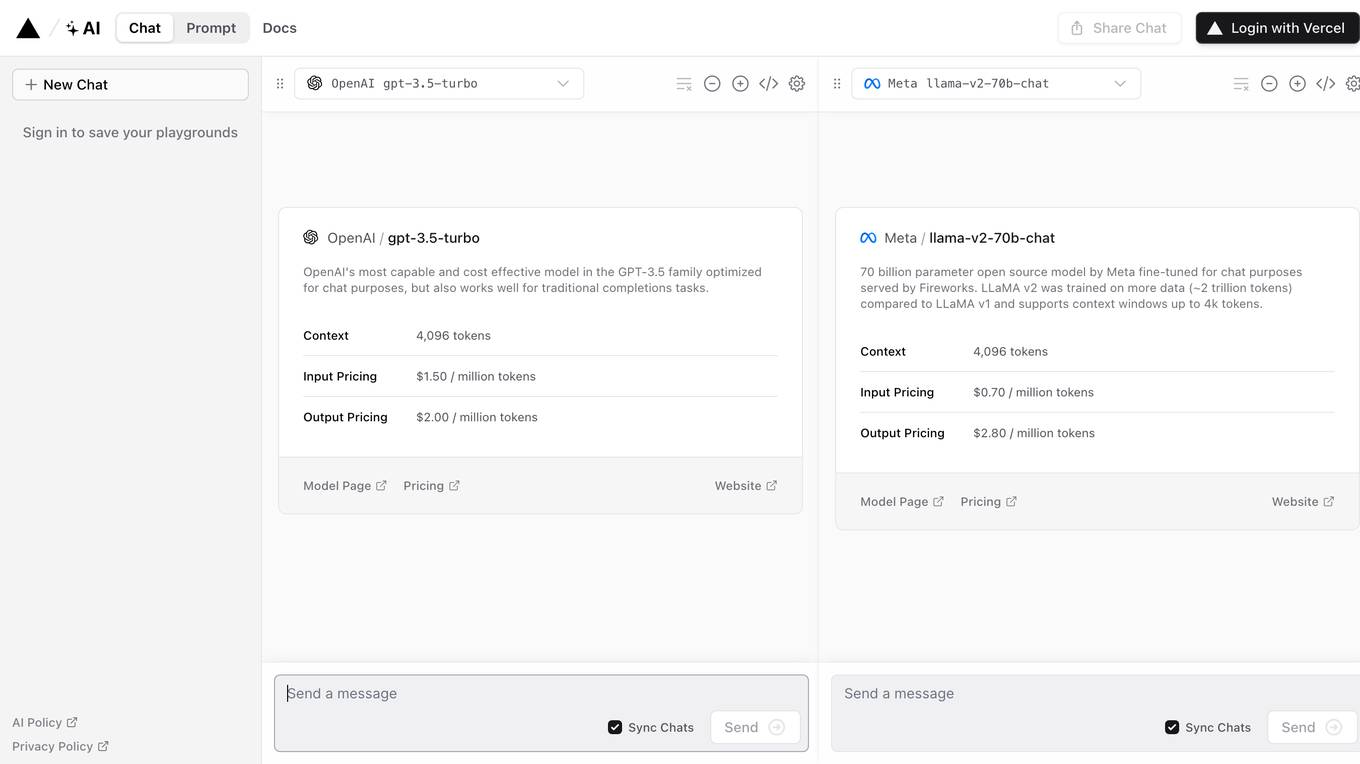
AI SDK
The AI SDK is a free open-source library designed to empower developers to build AI-powered products. It offers a unified provider API, generative UI capabilities, framework-agnostic support, and streaming AI responses. The SDK has received high praise from developers for its ease of use, speed of development, and comprehensive documentation.
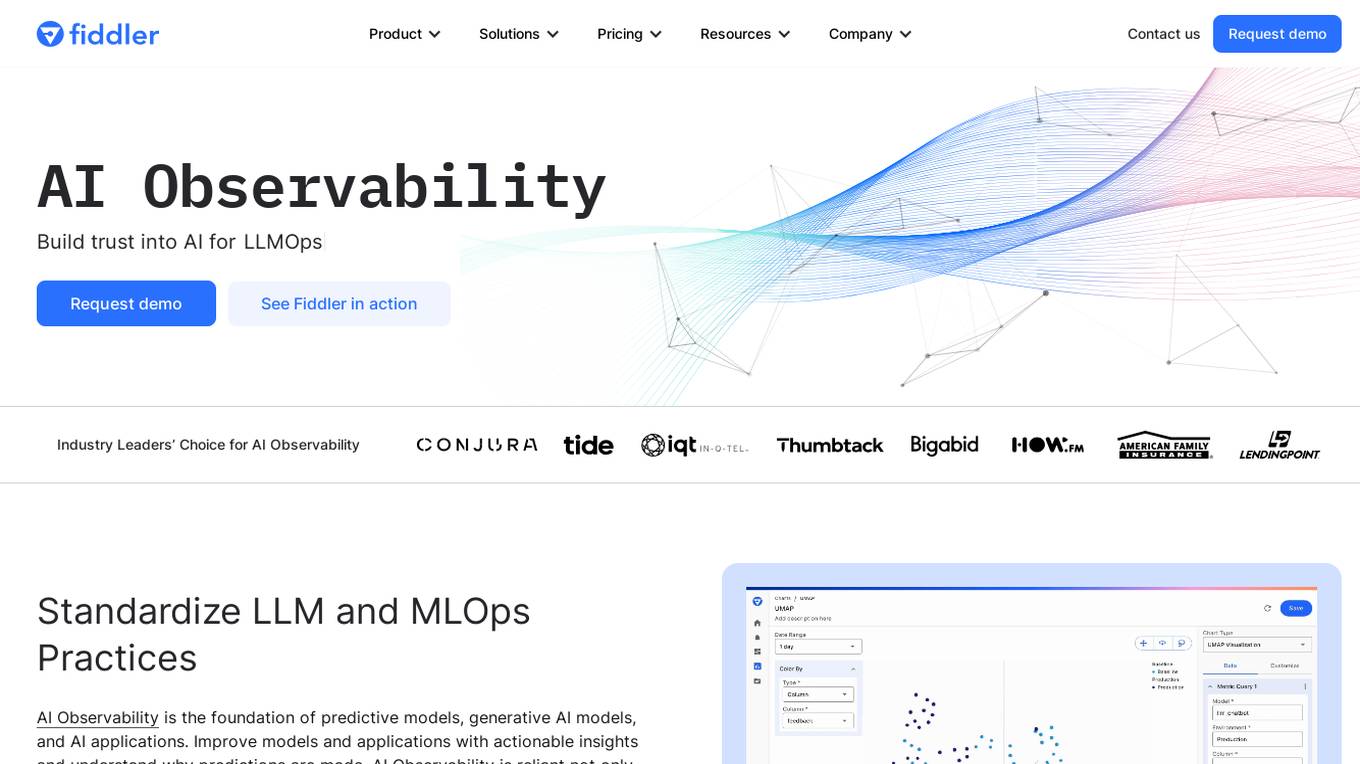
Fiddler AI
Fiddler AI is an AI Observability platform that provides tools for monitoring, explaining, and improving the performance of AI models. It offers a range of capabilities, including explainable AI, NLP and CV model monitoring, LLMOps, and security features. Fiddler AI helps businesses to build and deploy high-performing AI solutions at scale.
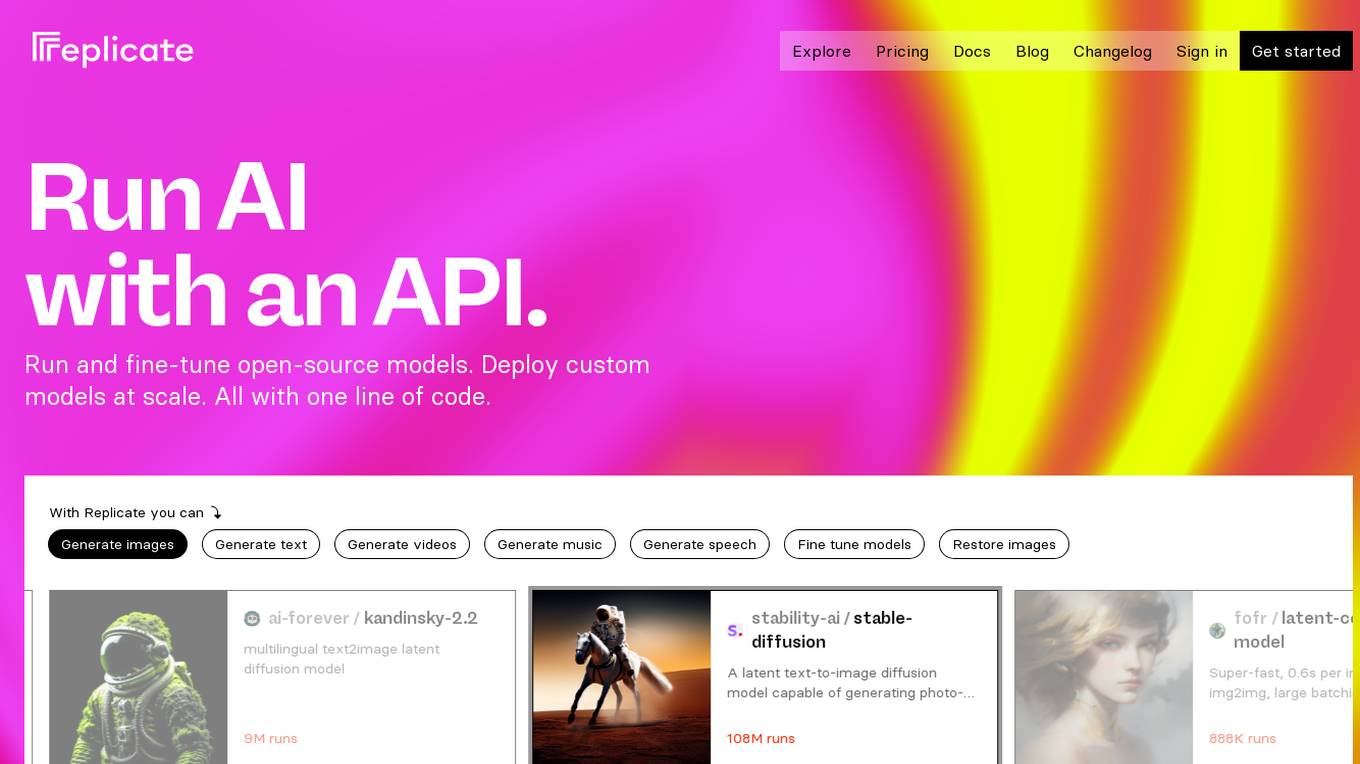
Replicate
Replicate is an AI tool that allows users to run and fine-tune open-source models, deploy custom models at scale, and generate images, text, videos, music, and speech with just one line of code. It provides a platform for the community to contribute and explore thousands of production-ready AI models, enabling users to push the boundaries of AI beyond academic papers and demos. With features like fine-tuning models, deploying custom models, and scaling on Replicate, users can easily create and deploy AI solutions for various tasks.

Groq
Groq is a fast AI inference tool that offers instant intelligence for openly-available models like Llama 3.1. It provides ultra-low-latency inference for cloud deployments and is compatible with other providers like OpenAI. Groq's speed is proven to be instant through independent benchmarks, and it powers leading openly-available AI models such as Llama, Mixtral, Gemma, and Whisper. The tool has gained recognition in the industry for its high-speed inference compute capabilities and has received significant funding to challenge established players like Nvidia.
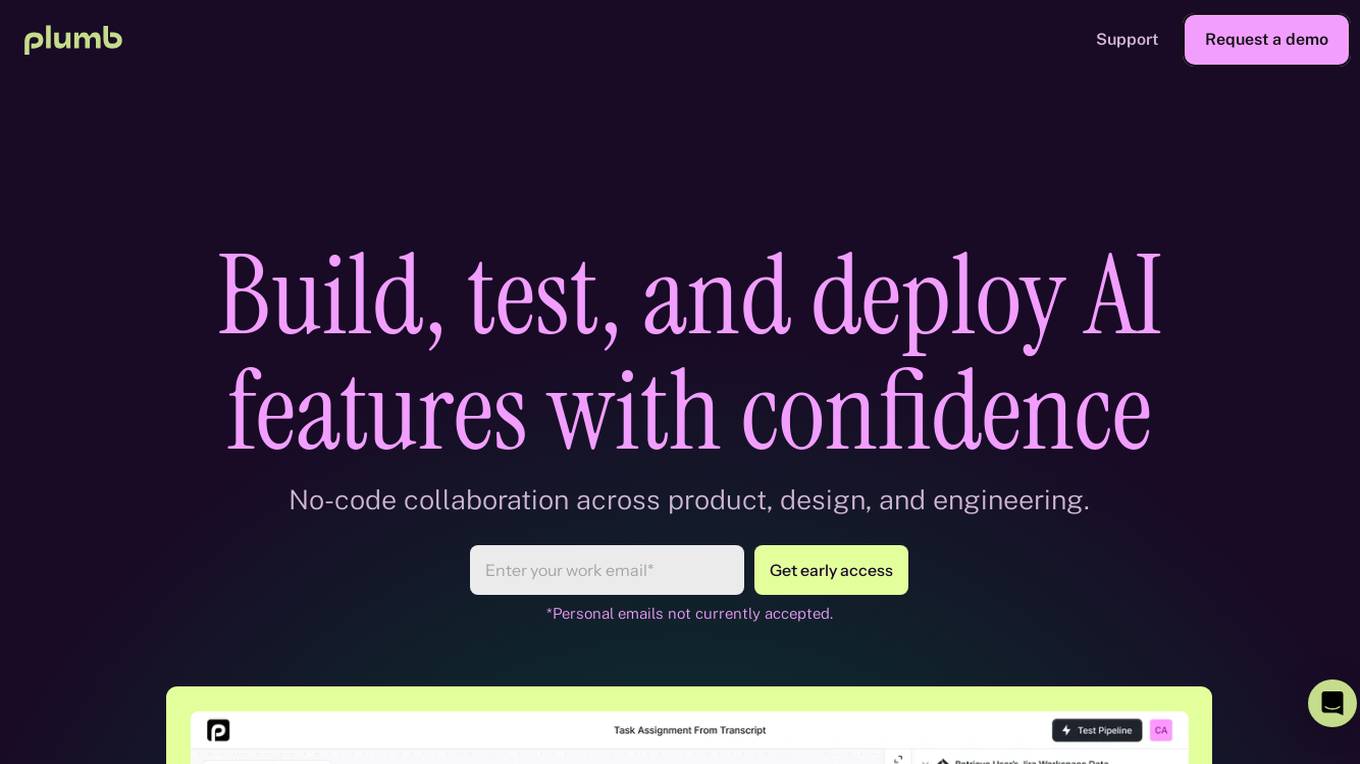
Plumb
Plumb is a no-code, node-based builder that empowers product, design, and engineering teams to create AI features together. It enables users to build, test, and deploy AI features with confidence, fostering collaboration across different disciplines. With Plumb, teams can ship prototypes directly to production, ensuring that the best prompts from the playground are the exact versions that go to production. It goes beyond automation, allowing users to build complex multi-tenant pipelines, transform data, and leverage validated JSON schema to create reliable, high-quality AI features that deliver real value to users. Plumb also makes it easy to compare prompt and model performance, enabling users to spot degradations, debug them, and ship fixes quickly. It is designed for SaaS teams, helping ambitious product teams collaborate to deliver state-of-the-art AI-powered experiences to their users at scale.
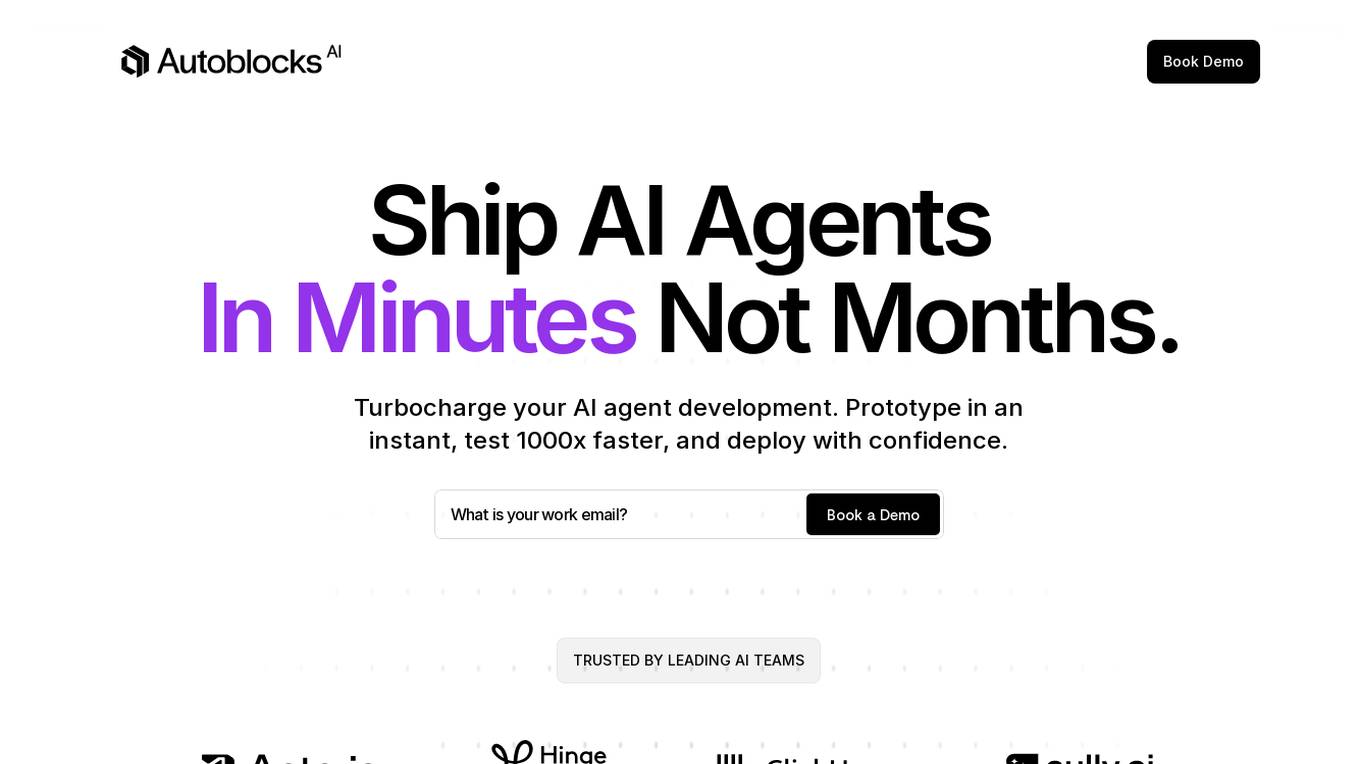
Autoblocks AI
Autoblocks AI is an AI application designed to help users build safe AI apps efficiently. It allows users to ship AI agents in minutes, speeding up the development process significantly. With Autoblocks AI, users can prototype quickly, test at a faster rate, and deploy with confidence. The application is trusted by leading AI teams and focuses on making AI agent development more predictable by addressing the unpredictability of user inputs and non-deterministic models.
0 - Open Source AI Tools
20 - OpenAI Gpts
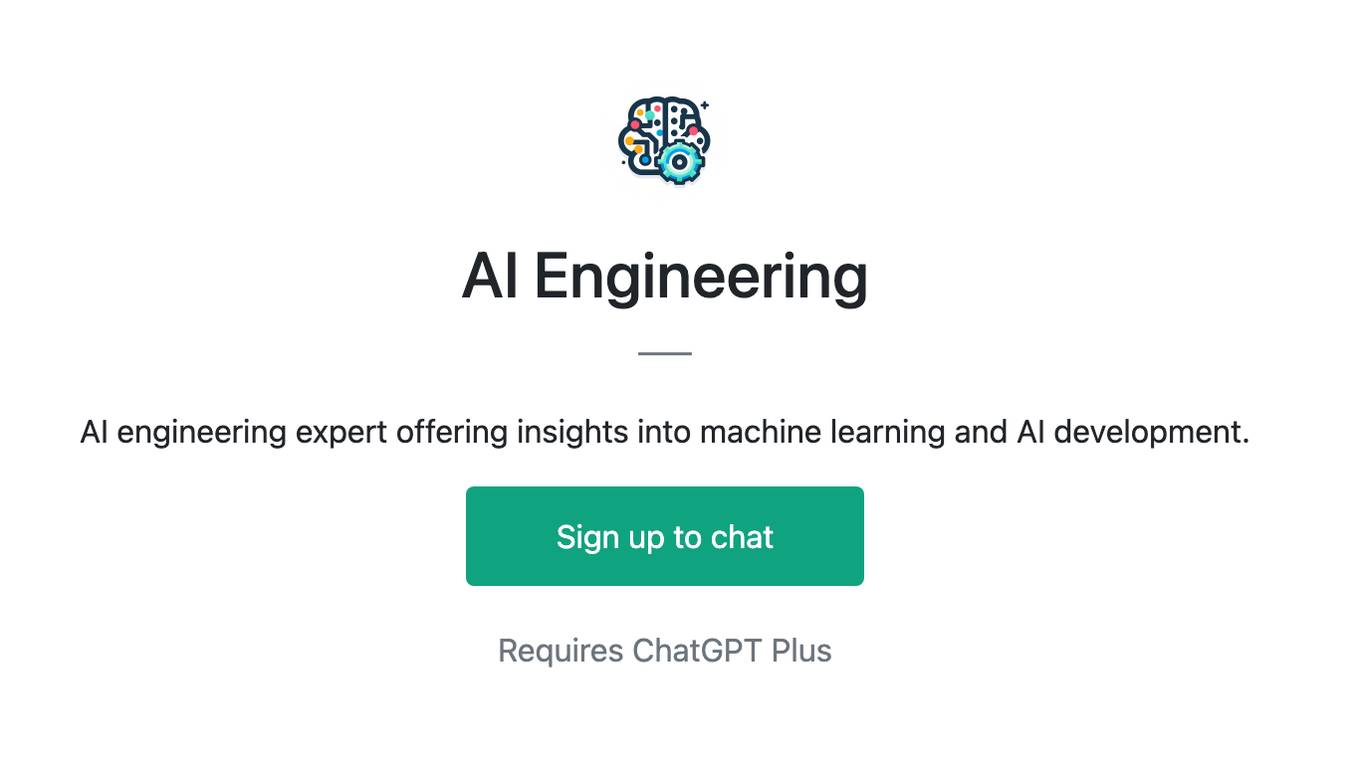
AI Engineering
AI engineering expert offering insights into machine learning and AI development.
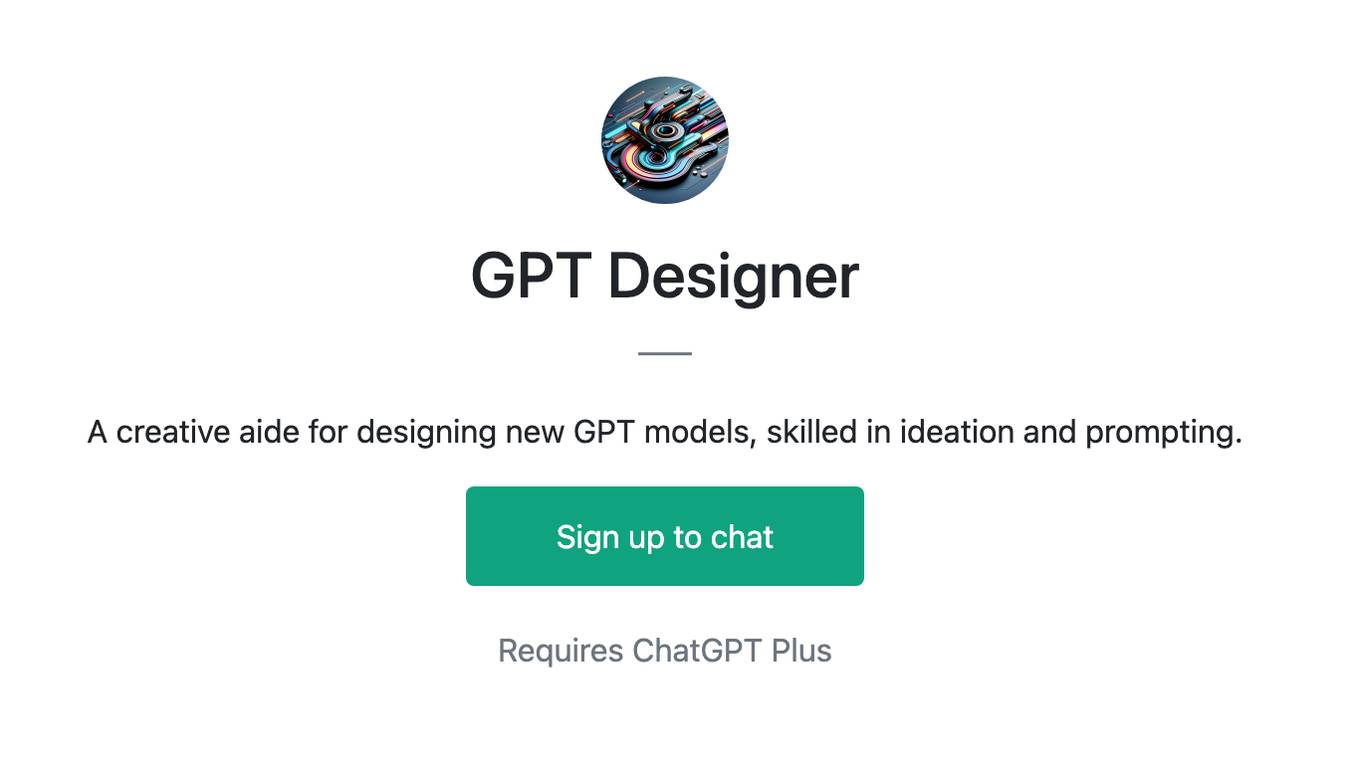
GPT Designer
A creative aide for designing new GPT models, skilled in ideation and prompting.

Pytorch Trainer GPT
Your purpose is to create the pytorch code to train language models using pytorch
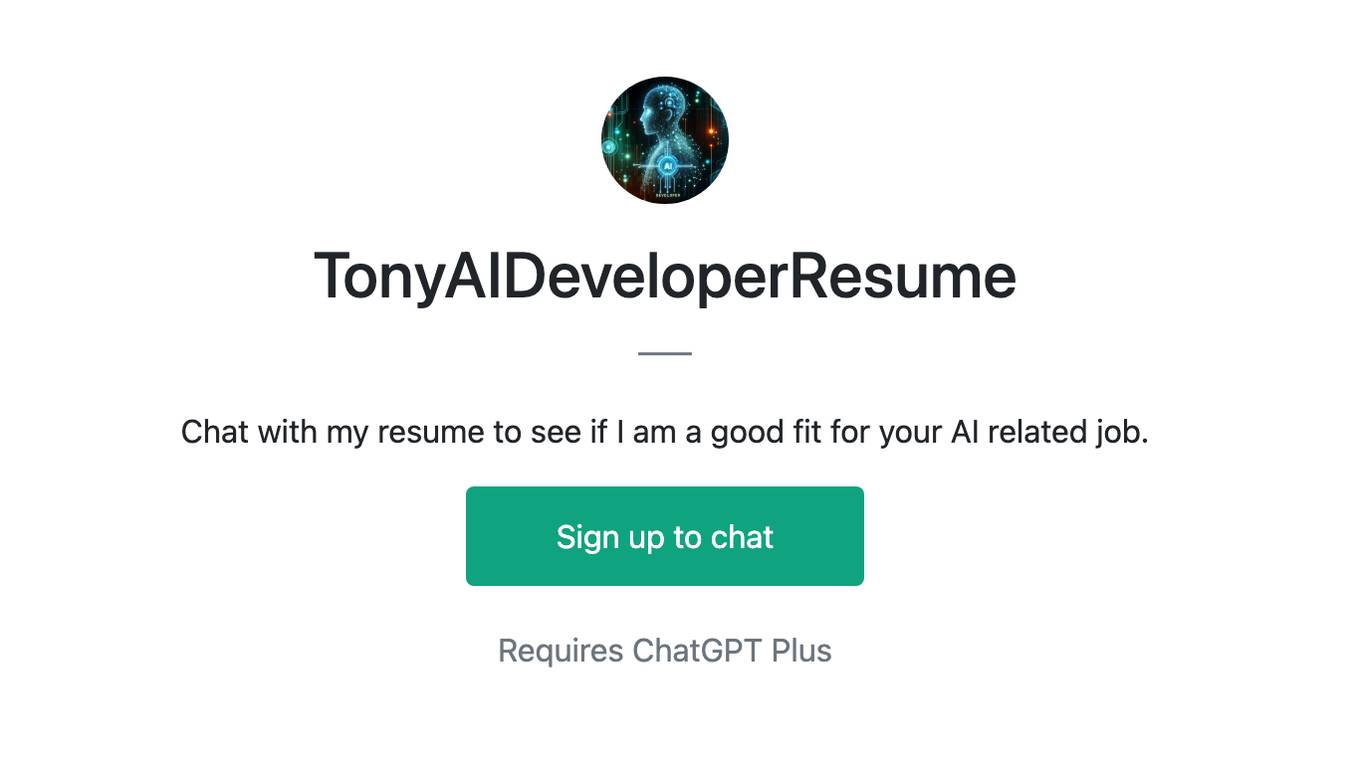
TonyAIDeveloperResume
Chat with my resume to see if I am a good fit for your AI related job.
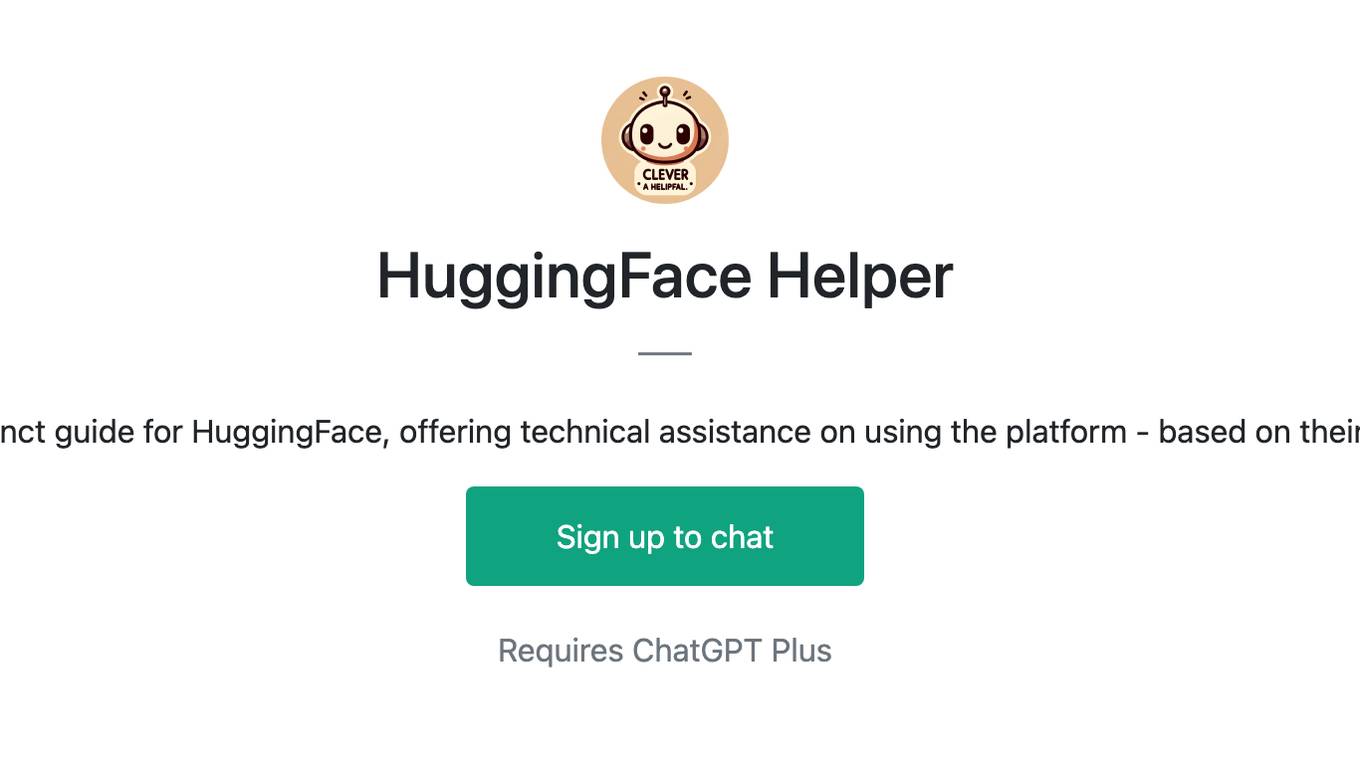
HuggingFace Helper
A witty yet succinct guide for HuggingFace, offering technical assistance on using the platform - based on their Learning Hub
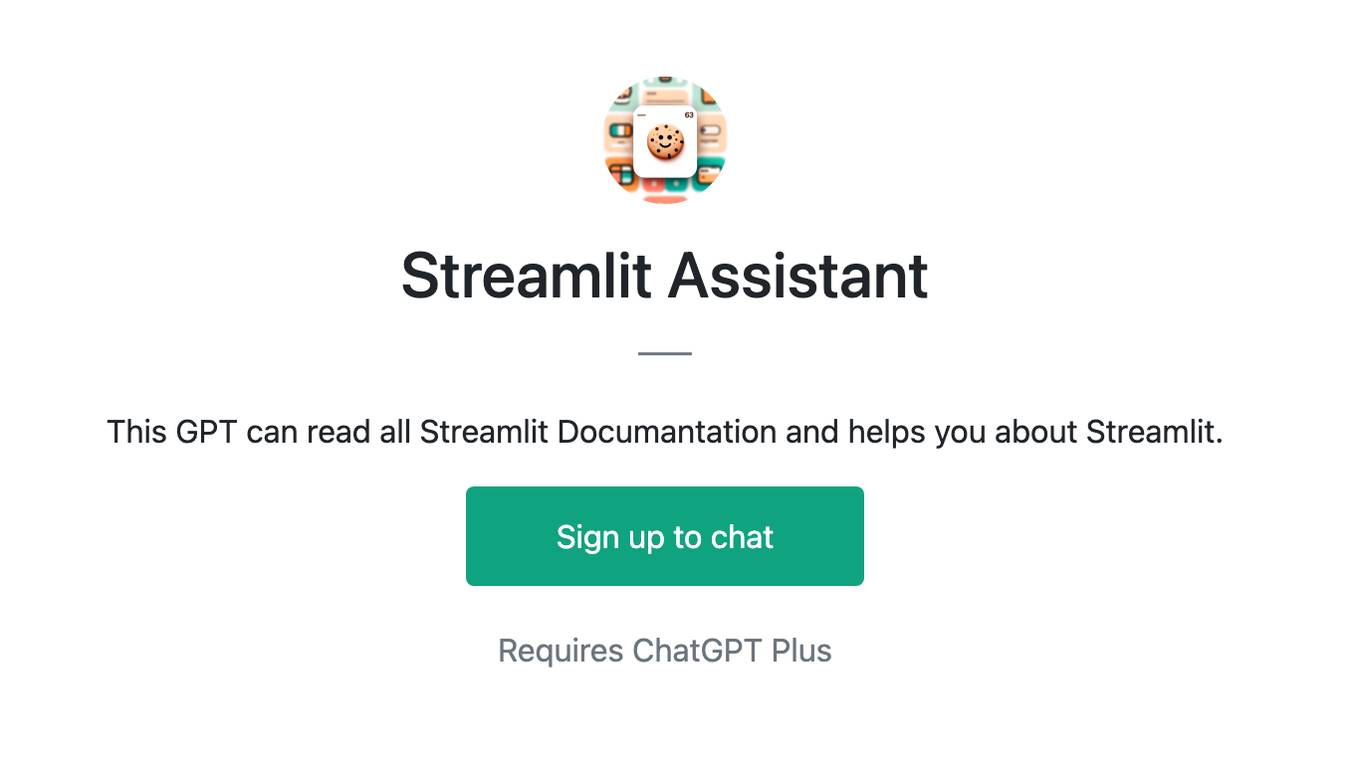
Streamlit Assistant
This GPT can read all Streamlit Documantation and helps you about Streamlit.

Instructor GCP ML
Formador para la certificación de ML Engineer en GCP, con respuestas y explicaciones detalladas.
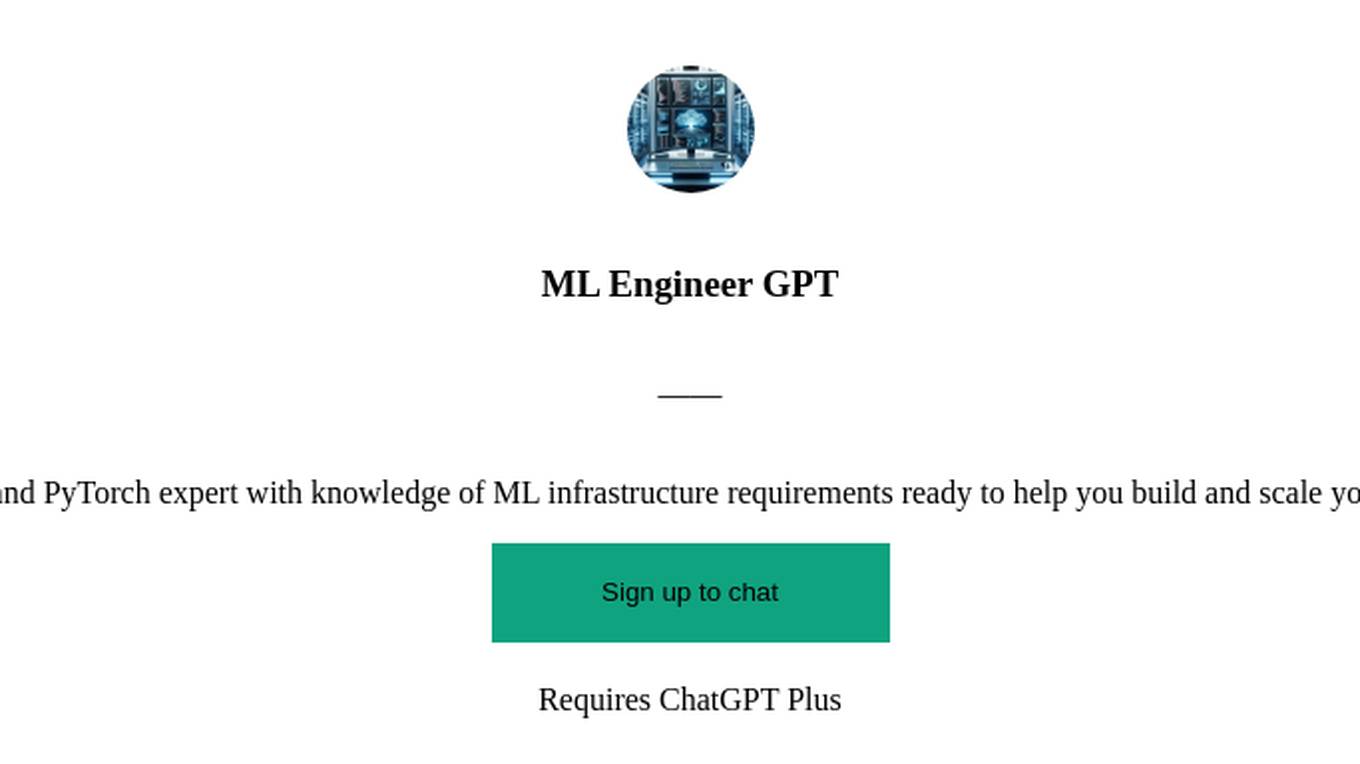
ML Engineer GPT
I'm a Python and PyTorch expert with knowledge of ML infrastructure requirements ready to help you build and scale your ML projects.
